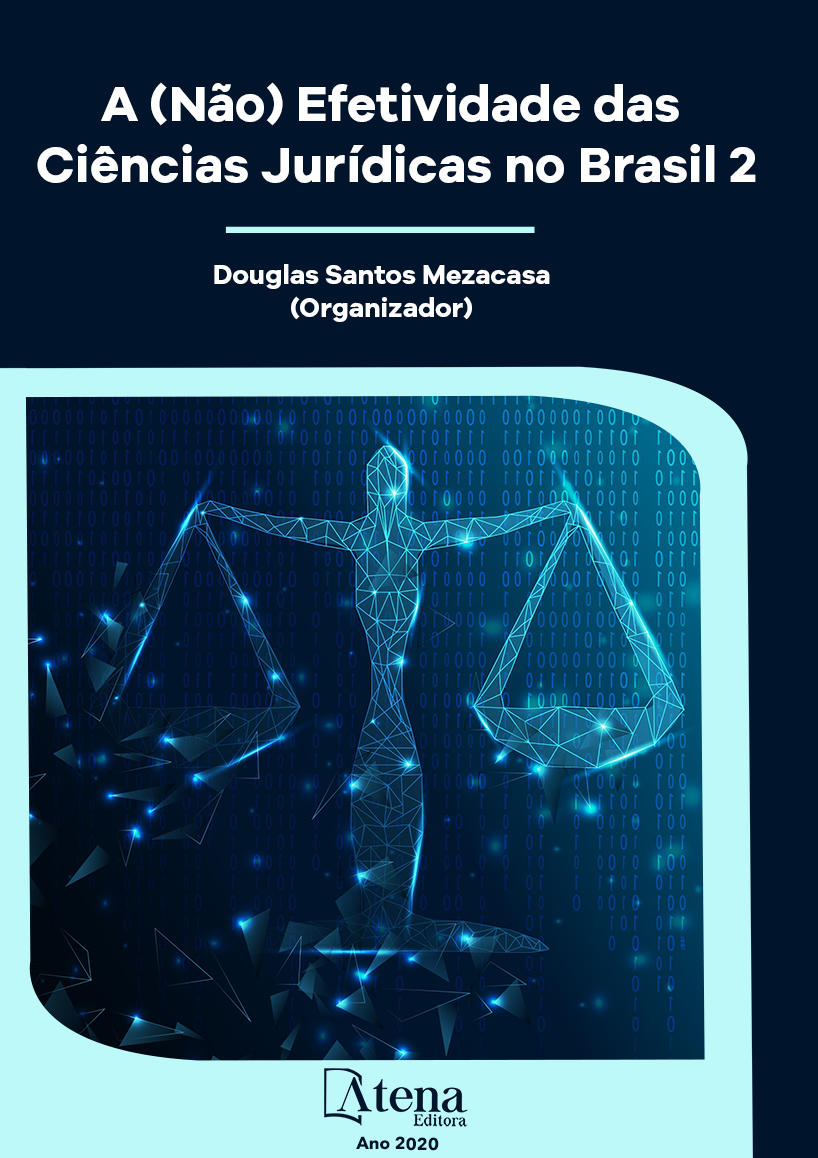
LEGALIDADE DA ADOÇÃO BRASILEIRA
Adoção é a ação jurídica que cria, entre duas pessoas, uma relação onímoda, que resulta da paternidade e filiação legalizada, é um ato jurídico solene pelo qual alguém recebe em sua família, na qualidade de filho, pessoa a ela estranha, mas mais do que uma ação jurídica, é um ato de sentimento. Por criação legal, é concebida a paternidade, em que o titular de uma adoção é o legítimo pai, proporcionando os efeitos da filiação natural. Efetuada a adoção, o adotado passa a ser efetivamente filho dos adotantes, em caráter irretratável e de forma plena. A Constituição Federal de 1.988, art. 227, §6º, iguala os filhos adotivos aos de sangue, havidos ou não da relação do casamento. O ECA permite a adoção de qualquer menor, incondicionado de sua condição, visando sua segurança e bem-estar, principalmente se os seus direitos sofrerem ameaças ou violações. Uma das medidas de salvaguarda é o encaminhamento desse menor em família substituta. Como já dito, a adoção é irrevogável. Entretanto, se houverem maus tratos por parte dos adotantes os mesmos poderão ser exonerados do pátrio poder, como ocorreria se fossem os pais de sangue. No Brasil, é habitual um tipo de adoção, que é chamado de "adoção à brasileira" que se baseia em registrar uma criança em nome dos adotantes, sem o devido processo legal. Apesar da boa intenção esse ato prossegue sendo considerado crime e, portanto, merece ser estudado mais profundamente. Este tipo de adoção será melhor estudado ao longo deste trabalho, pois ainda é uma prática utilizada por casais brasileiros para fugir das filas de adoção, ou até mesmo, poder escolher a criança que irá ser adotada. É um tema ainda polêmico que, sem sombra de dúvidas, diz respeito a um dos aspectos mais delicados das relações familiares que é a adoção.
LEGALIDADE DA ADOÇÃO BRASILEIRA
-
DOI: 10.22533/at.ed.70620300317
-
Palavras-chave: Direito de Família. Adoção. Adoção irregular. Relação socioafetiva. Filiação.
-
Keywords: Family Law. Adoption. Irregular Adoption. Socio-affective relationship. Membership
-
Abstract:
Adoption is the legal action that creates, between two people, an omnipresent relationship, which results from paternity and legalized filiation, is a solemn legal act by which someone receives in his family, as a child, a stranger to him, but more than that a legal action, is an act of feeling. By legal creation, paternity is conceived, in which the holder of an adoption is the legitimate father, providing the effects of natural sonship. Upon adoption, the adoptee becomes effectively the child of the adopters, irreversibly and fully. The Federal Constitution of 1988, art. 227, §6, equates the adopted children with those of blood, whether or not the marriage relationship. The ECA allows the adoption of any minor, unconditional of their condition, aiming at their safety and well-being, especially if their rights are threatened or violated. One of the safeguard measures is the referral of this minor in a surrogate family. As already said, adoption is irrevocable. However, if there is abuse by the adopters, they can be exonerated from the fatherland power, as it would be if they were the parents of blood. In Brazil, a type of adoption, which is called "Brazilian adoption," is based on registering a child on behalf of adopters, without due process. Despite the good intention this act continues to be considered a crime and therefore deserves to be studied further. This type of adoption will be better studied throughout this work, as it is still a practice used by Brazilian couples to escape the queues of adoption, or even to choose the child who will be adopted. A still controversial topic that undoubtedly concerns one of the most delicate aspects of family relationships is adoption.
-
Número de páginas: 14
- Kamilla Ceyça da Silva Lima
- Kalyana Barbosa da Silva


